An uptick in US-China relations? Not so fast
After US Secretary of State Antony Blinken visited China, US Secretary of the Treasury Janet Yellen followed suit, while US special presidential envoy for climate John Kerry is also expected to visit Beijing in the coming weeks. Despite the flurry of activity, says US academic Zhu Zhiqun, intractable issues remain in US-China relations.
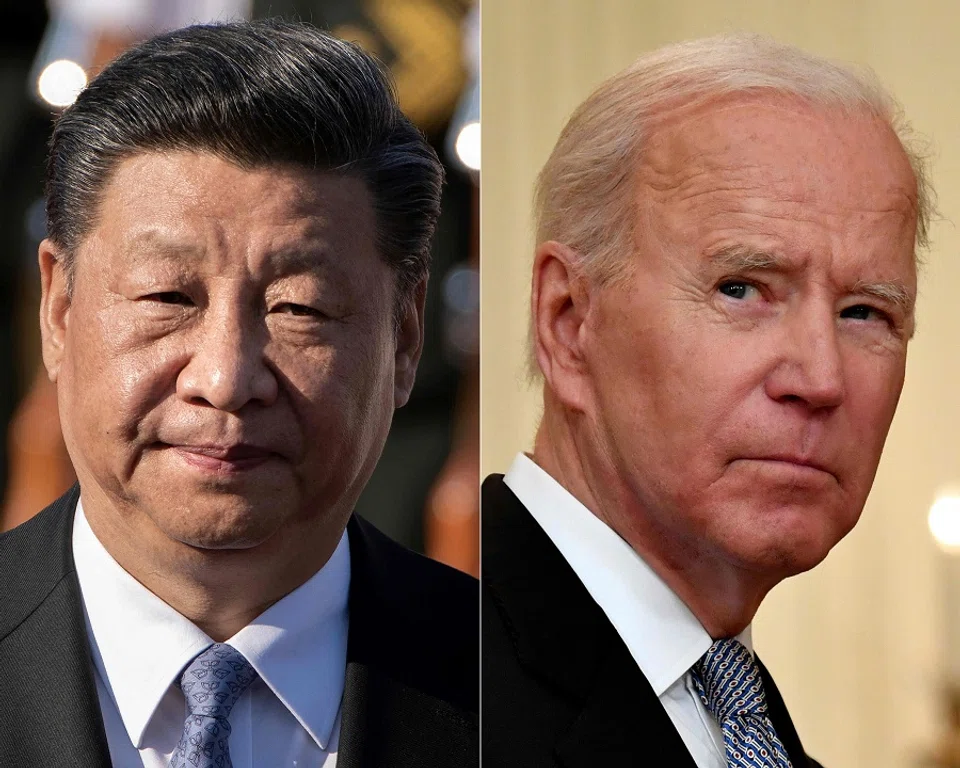
While recent high-level exchanges between the US and China, including visits to China by US Secretary of State Anthony Blinken and Secretary of the Treasury Janet Yellen, are encouraging, they should not be construed as a prelude to warmer bilateral relations ahead.
The reality is that this relationship is stuck in a structural conflict and will remain so in the foreseeable future. So long as America's foreign policy objective is to maintain global supremacy and so long as Chinese power continues to grow and challenges US hegemony, the two countries will have trouble managing this relationship.
Intractable issues between China and the US
Despite intentions on both sides to put a floor under the relationship to prevent it from further deterioration, several factors suggest that improving the relationship is an uphill battle.
First and foremost, the Taiwan issue remains intractable and explosive.

The Economist's claim that the Taiwan Strait is "the most dangerous place on earth" is not a false alarm. China considers unification with Taiwan a historical inevitability that is non-negotiable, while the US views Taiwan as a strategic asset that cannot be lost to China in the US-China rivalry. The interests of the two powers remain dangerously incompatible.
Few people in Beijing, Washington or elsewhere believe that the US government is serious about its "one China" commitment. The level and frequency of US congressional visits to Taiwan and the language of a growing number of Taiwan-related bills proposed by members of Congress in recent years make one wonder if Taiwan is the 51st state of the US.
But Biden officials do not consider the DPP's abandoning of "one China" an act of changing the status quo.
Quite symbolically, a congressional delegation led by Republican Representative for Oklahoma Kevin Hern, chairman of the Republican Study Committee (RSC), was in Taipei during the American Independence Day holiday. On 4 July, Hern said when meeting with Taiwanese leader Tsai Ing-wen: "Support for Taiwan as an independent and sovereign nation has been one of the founding principles of the RSC and has remained a top priority for 50 years." Just days earlier, the Biden administration approved new arms sales to Taiwan totaling US$440 million.
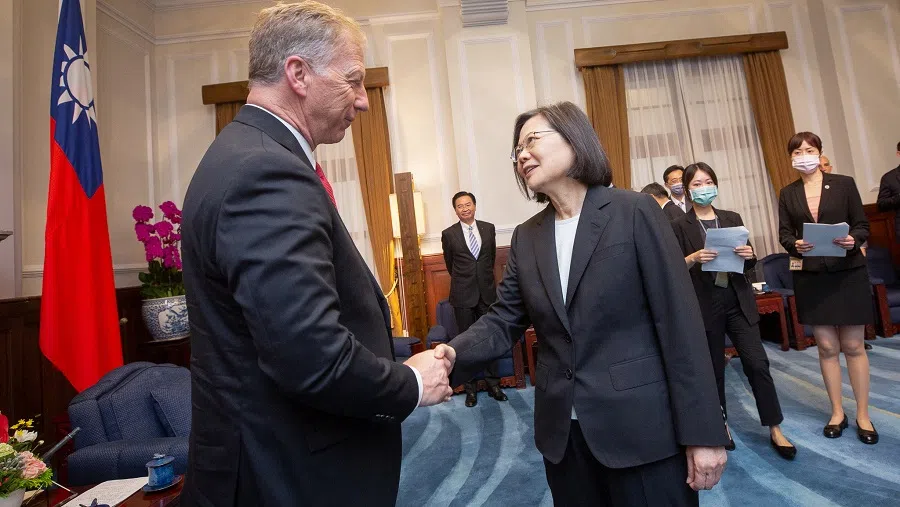
The clichéd explanation from Washington is that with "separation of powers" the executive branch does not control Congress, and the US government is obligated to help defend Taiwan by the Taiwan Relations Act. Such justifications have failed to convince Beijing and reveal Washington's quandary of trying to keep contradictory commitments to Beijing and Taipei simultaneously.
Support for Taiwan's DPP?
High-profile congressional visits and large-scale arms sales to Taiwan just months before the latter's 2024 presidential election may also be interpreted as the Biden administration's support for the candidate from the ruling Democratic Progressive Party (DPP).
The US government has long opposed unilateral change to the status quo across the Taiwan Strait. But Biden officials do not consider the DPP's abandoning of "one China" an act of changing the status quo. Under the loose framework of "one China" or the so-called "92 consensus", cross-strait relations experienced a period of peace, stability and prosperity between 2008 and 2016 when KMT's Ma Ying-jeou was in power.
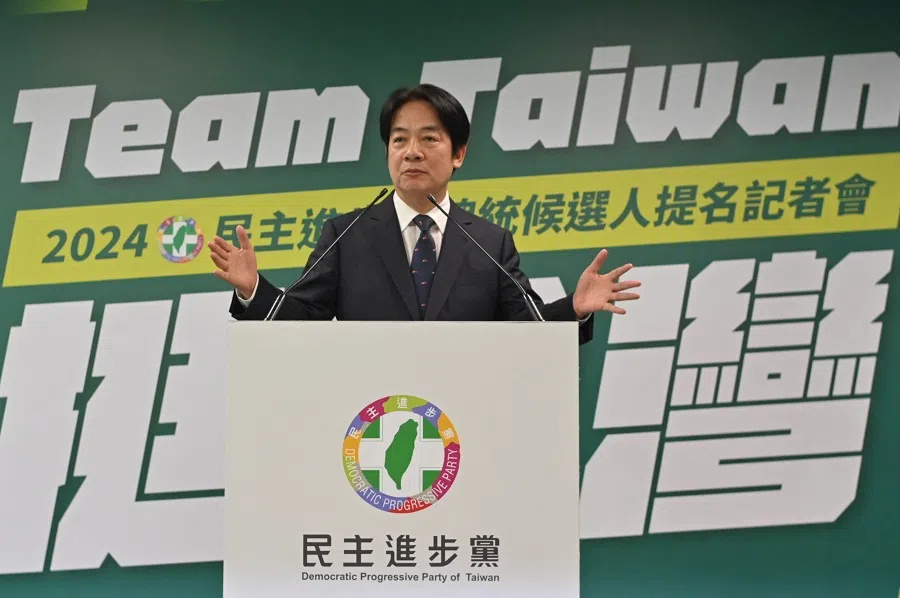
Since then, the DPP has not only unravelled the longstanding "one China" foundation for cross-strait relations but has publicly stated that the Republic of China (Taiwan) and the People's Republic of China (the mainland) are mutually exclusive and not subordinate to each other. As Ma has pointed out, this violates Taiwan's own "one China" constitution. By ditching "one China" the DPP is clearly attempting to change the status quo, which is the root cause of current tensions, yet the Biden administration has chosen to look the other way.
US-China agenda stalled since Bali
Second, despite commitments on both sides to implement the vision for a better relationship agreed upon by President Biden and President Xi at the Bali summit in November 2022, they have not developed an actionable agenda to move forward.
The governments and educational institutions on both sides can do a better job to encourage more American students to study in China...
The Biden administration should be commended for ordering the Department of Justice to cease operation of the infamous, racist "China Initiative" in February 2022. However, it has remained inactive in many other aspects of the bilateral relationship that should have been fixed long ago, including some so-called "low-hanging fruits".
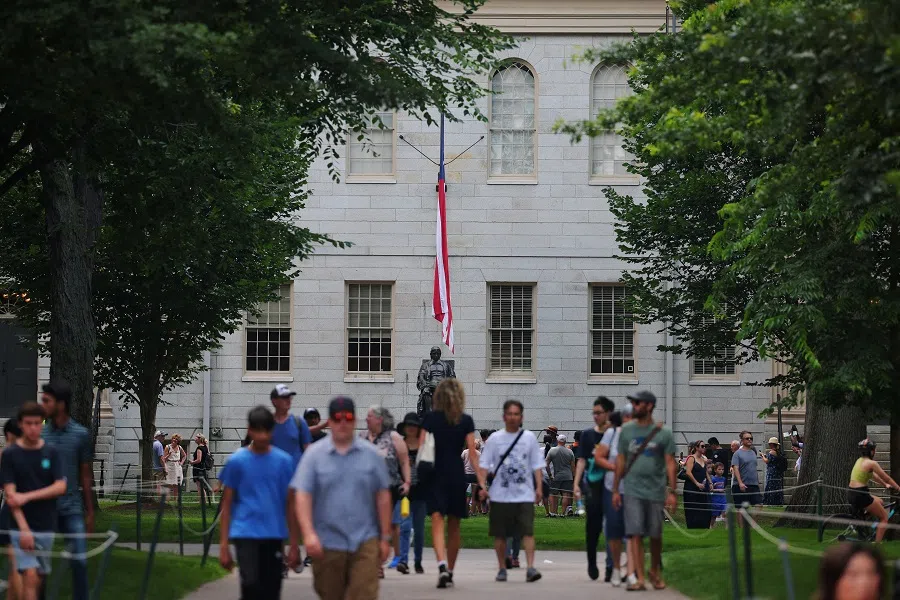
For example, the Fulbright program and Peace Corps program in China that were terminated by the Trump administration have still not been resumed. Several members of Congress reintroduced legislation in March 2023 to restore Fulbright exchanges with China, but neither Congress nor the Biden administration has taken further actions.
This is particularly unfortunate since there are only about 350 American students in China now, while some 300,000 Chinese students are studying in the US. The governments and educational institutions on both sides can do a better job to encourage more American students to study in China such as by offering scholarships to American students and increasing commercial flights across the Pacific.
The Chinese side should make it easier for foreigners to travel to and stay in China as part of the post-Covid readjustment. China has quickly become a cashless society, which creates inconvenience for foreigners who still prefer to use cash or credit cards. Without corresponding measures and policies, it is unlikely to see an influx of foreigners to China.
Anti-China sentiment in Washington still strong
Third, the general atmosphere in Washington remains toxic for the improvement of bilateral relations, and there is no sign the technological war will end soon.
As the US enters the election season, it will be more difficult to improve US-China relations since China is likely to become a scapegoat of everything wrong in America. Many members of Congress and the media are religiously anti-China. Rational voices are marginalised.

For example, no major US media reported the story of how Marianne Williamson, a Democratic candidate for the 2024 US presidential campaign, talked about US policy towards China. In responding to a question from voters about China's reported plan to set up a military facility in Cuba, Williamson pointed out the US is not in a position to lecture others since it has 313 bases surrounding China and about 750 military facilities around the world. She asked, when the rest of the world looks at Iraq or Afghanistan, who do they think is the greatest military threat to the world? Clearly, her view does not resonate with the official perspective and is ignored by the mainstream media.
Veteran China scholar Cheng Li recently left the Brookings Institution where he has worked in the past 17 years and is now heading a new research centre at the University of Hong Kong. He said the return of McCarthyism in America has made Chinese-Americans like him very "uncomfortable" and Washington has become "unfamiliar" to him.
The Biden administration continues to woo or pressure US allies and partners to join it in combating China's growing influence. A recent example is the Biden administration's zealous and lavish welcome of Indian Prime Minister Narendra Modi with a pomp-filled state visit, while keeping silent on his crackdown on dissent and minority rights at home. The reason is simple: Washington needs India's help in implementing the Indo-Pacific strategy to counter China.
... China, among others, has tried to stay neutral while offering diplomatic and economic support for President Putin.
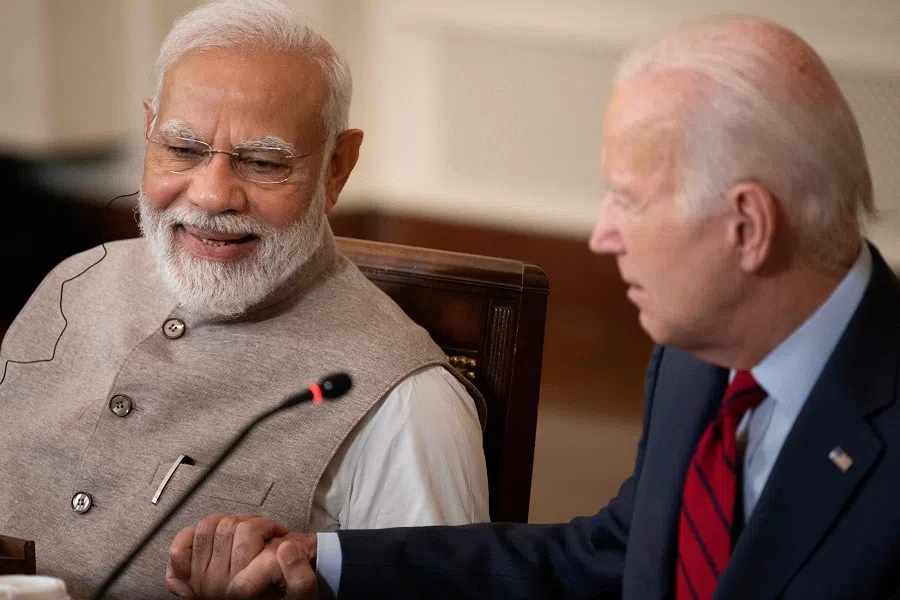
The technological war continues with the Biden administration coercing Japan, the Netherlands, and others to curb chip exports to China and China beginning to impose export controls of two rare earth metals used in computer chips and solar panels.
Russia-Ukraine war casts a pall on US-China relations
Finally, the US and China remain far apart regarding the Russia-Ukraine war and its implications.
While the US-led West continues to sanction and isolate Russia, China, among others, has tried to stay neutral while offering diplomatic and economic support for President Putin. Most recently, Putin was welcomed to the virtual Shanghai Cooperation Organisation (SCO) summit hosted by Prime Minister Modi, joined by President Xi Jinping and leaders of other SCO member states.
China has proposed to help bring the conflict to an end through negotiations, but such a proposal is not endorsed by the US and its allies, which continue to supply Ukraine with lethal weapons to prolong the war.
Both the US and China seem to be treating the Ukraine crisis as a "teachable moment"...

Many American politicians have drawn a line between the Russia-Ukraine war and a potential conflict in the Taiwan Strait despite the vast differences between the two cases. Some prefer to see the Eurasian conflict as a preview of a conflict over Taiwan. For example, the lesson Nikki Haley, a Republican presidential candidate, learned from the Russia-Ukraine war is that weak support for Ukraine would "only encourage" China to invade Taiwan.
Instead of working together to end the Russia-Ukraine war and to promote peace across the Taiwan Strait, both the US and China seem to be treating the Ukraine crisis as a "teachable moment", with Washington eagerly arming Taiwan to resist a potential "invasion" from China, and with Beijing becoming more determined to defend sovereignty in anticipation of US and Western involvement in a potential Taiwan Strait conflict.
President Xi's latest call for the Chinese military to enhance "the planning of war and combat" is a reminder that we cannot take peace for granted. Greater efforts are needed from both sides if they are serious about avoiding conflict and coexisting peacefully.





